H.R. 3227: Farm Workforce Modernization Act of 2025
The Farm Workforce Modernization Act of 2025 is designed to reform immigration laws specifically for nonimmigrant agricultural workers. The primary focus of the bill is to grant certified worker status to agricultural laborers, which would potentially allow long-term workers to gain optional permanent residency. Key aspects of the bill include the following:
Worker Status and Protections
Under the bill, agricultural workers applying for certified status must provide both biometric and biographic information to pass security checks. Additionally, children's immigration status will depend on their age at the time their parents apply. Workers who are initially deemed eligible for certification cannot be removed from the country until their eligibility is fully resolved, providing them a measure of security during the application process.
Employer Responsibilities
The bill lays out specific responsibilities for employers of agricultural workers. They are allowed to determine guaranteed employment periods, including holidays. However, if a worker quits or is terminated for cause, they will lose their entitlement to these guarantees. Employers can terminate contracts if natural disasters occur, but they must still provide guarantees for previously elapsed work. Furthermore, the bill introduces a plan for studying H-2A worker wages, which will begin in 2032, with results to be reported by October 2033.
Management of the H-2A Program
The bill assigns responsibilities to the Secretary of Labor and the Secretary of Homeland Security for overseeing the H-2A program, ensuring compliance with agricultural labor laws, and protecting worker rights. It also includes provisions for loan restructuring and support for the preservation of housing for agricultural workers, along with the initiation of a portable H-2A visa pilot program that could enhance mobility for migrant workers.
Advisory Committee for Rural Housing
An advisory committee is established to focus on rural rental housing, comprising various stakeholders, including tenant representatives and members of housing finance agencies. This committee will meet quarterly to assist the Rural Housing Service in enhancing housing policies, reviewing the outcomes of housing programs, and reporting its findings to Congress.
Employment Verification System
The bill states that neither individuals nor entities are mandated to use the employment verification system unless required by federal or state law. After a rule is published, mandatory use will become voluntary 30 days later, although there are penalties for not complying if required. Importantly, no fees can be charged for the use of the employment verification system.
Enhancements to E-Verify
Amendments to the Immigration and Nationality Act will promote increased participation in the E-Verify employment verification system and enhance regulations to combat document fraud. The bill requires annual reports to be made about the accuracy of the verification system and the challenges faced, aiming to modernize the verification process while ensuring compliance with the Paperwork Reduction Act.
Relevant Companies
- DE - Deere & Company: This agricultural machinery manufacturer may be impacted by changes in labor availability and the potential increase in workers' rights, impacting operational costs.
- TWNK - Hostess Brands, Inc.: As a company involved in food production, adjustments in agricultural labor laws could affect their supply chain and labor availability.
- CPB - Campbell Soup Company: Changes in workforce availability and agricultural import/export dynamics may affect their operations and sourcing of agricultural ingredients.
This is an AI-generated summary of the bill text. There may be mistakes.
Sponsors
11 bill sponsors
-
TrackZoe Lofgren
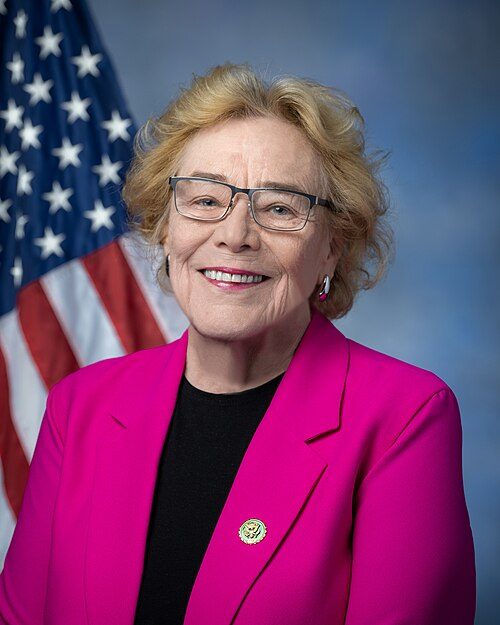
Sponsor
-
TrackSalud O. Carbajal
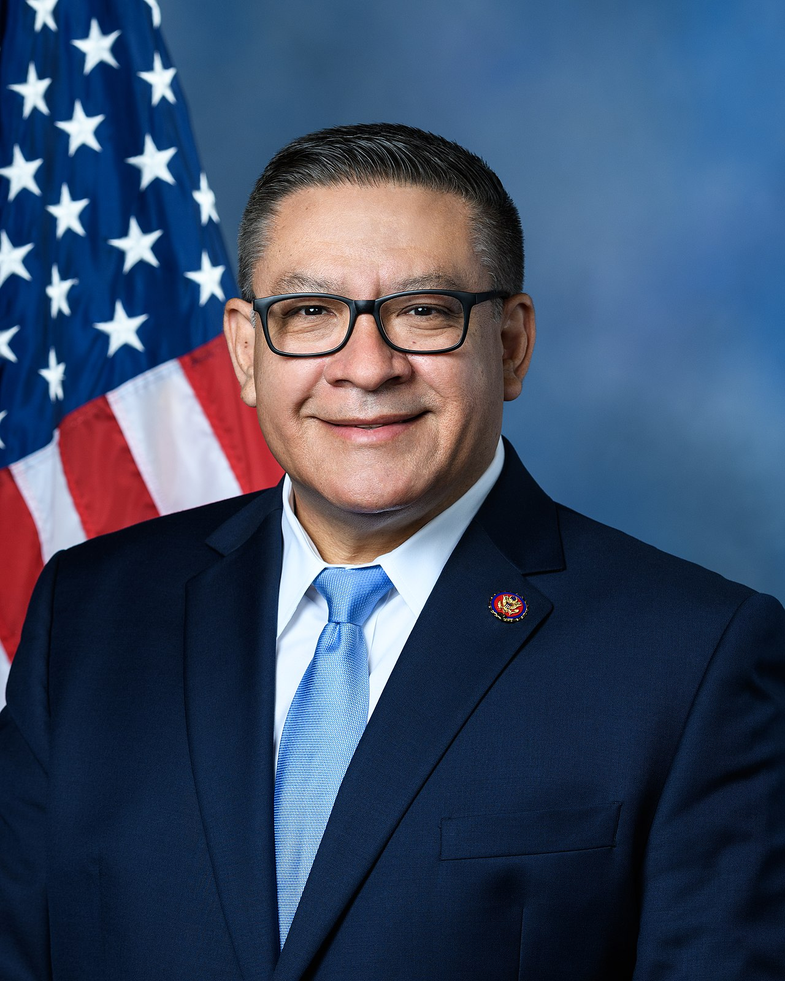
Co-Sponsor
-
TrackJim Costa
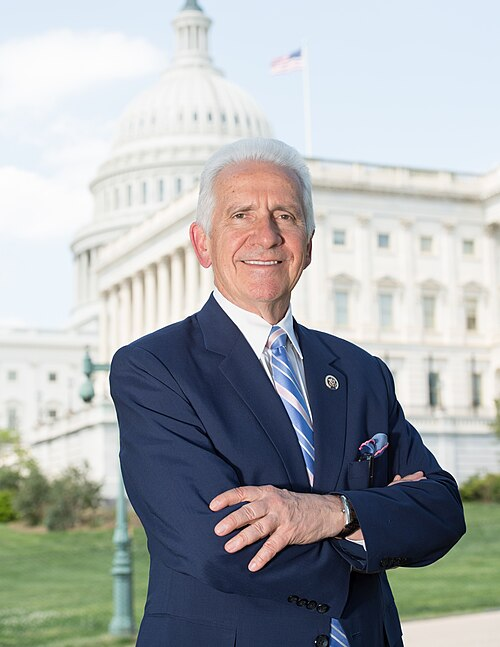
Co-Sponsor
-
TrackAdam Gray
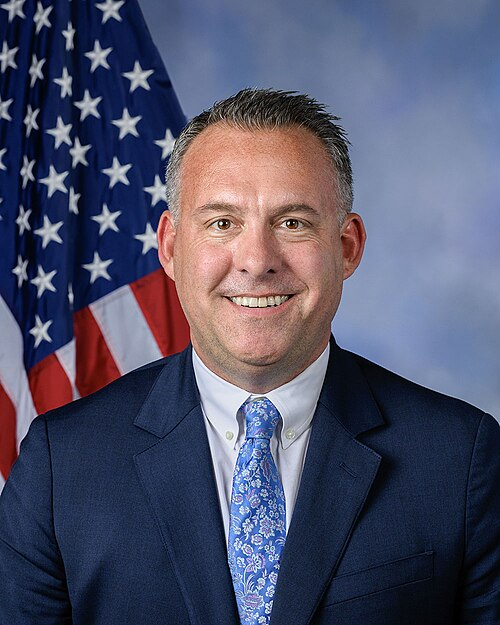
Co-Sponsor
-
TrackJosh Harder
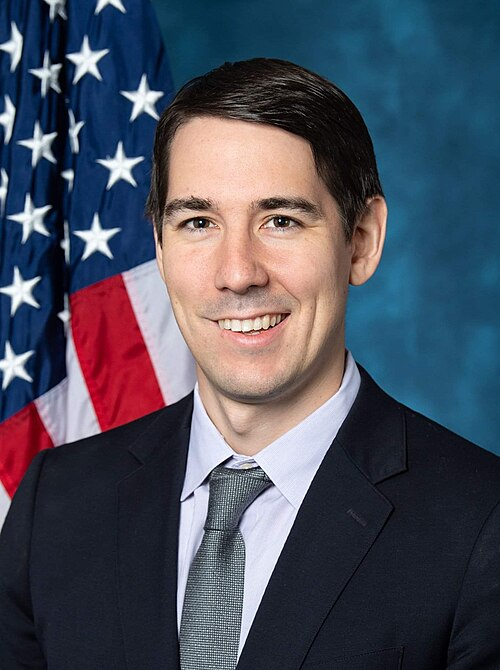
Co-Sponsor
-
TrackDan Newhouse

Co-Sponsor
-
TrackMaria Elvira Salazar
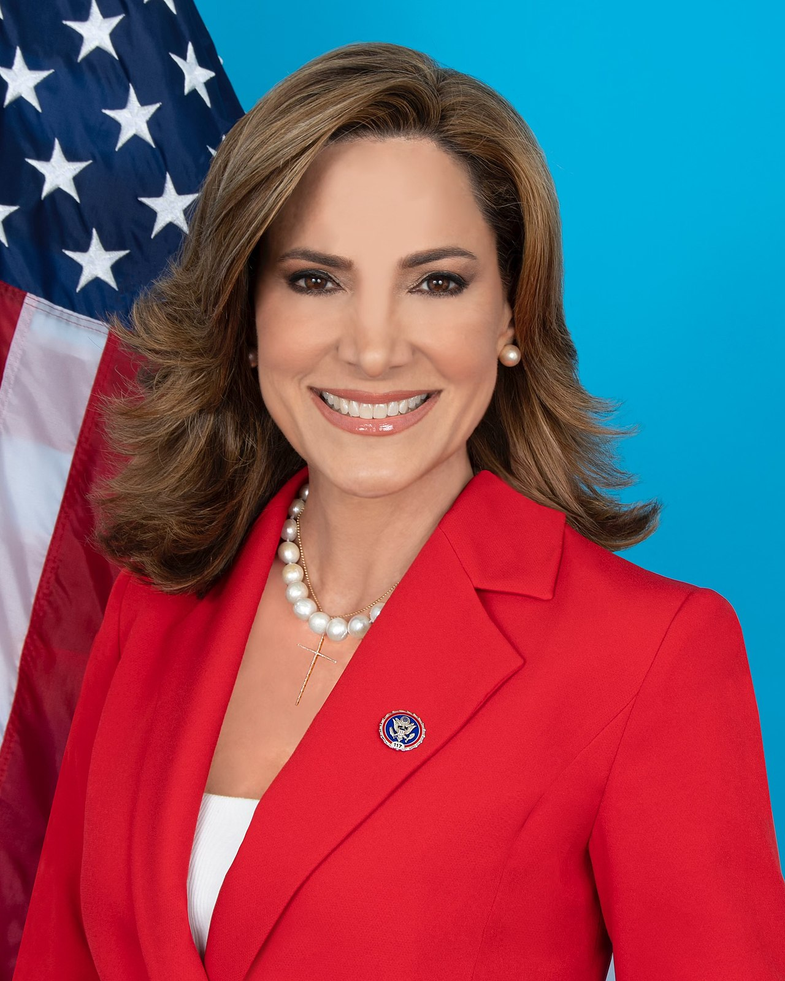
Co-Sponsor
-
TrackKim Schrier
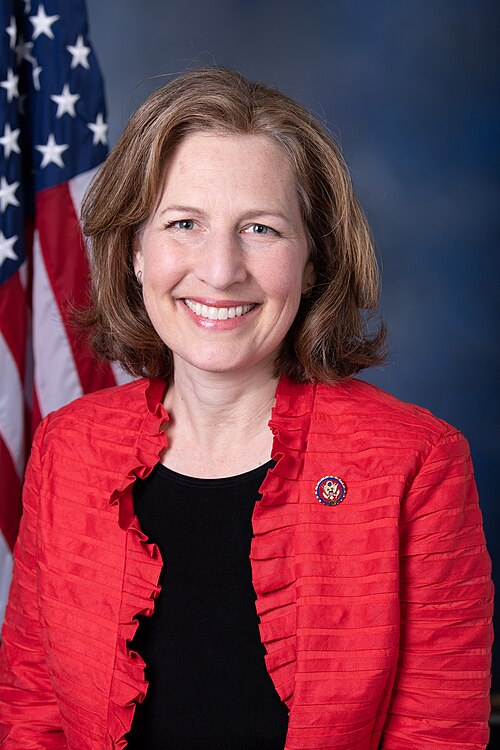
Co-Sponsor
-
TrackMichael K. Simpson

Co-Sponsor
-
TrackDavid G. Valadao
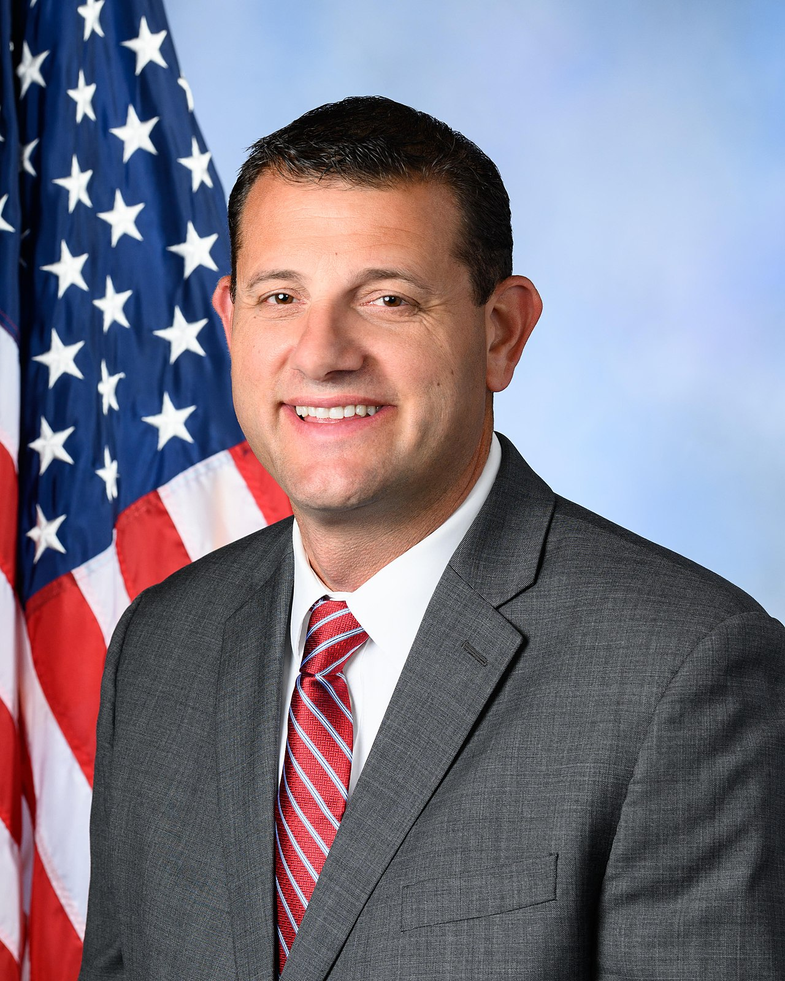
Co-Sponsor
-
TrackEugene Vindman
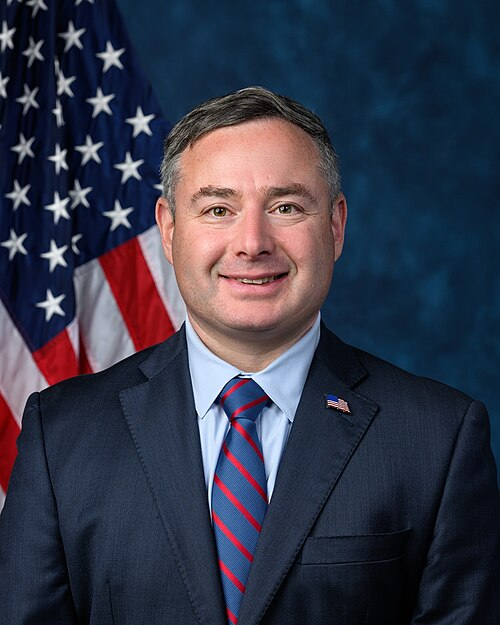
Co-Sponsor
Actions
2 actions
| Date | Action |
|---|---|
| May. 07, 2025 | Introduced in House |
| May. 07, 2025 | Referred to the Committee on the Judiciary, and in addition to the Committees on Ways and Means, Education and Workforce, and Financial Services, for a period to be subsequently determined by the Speaker, in each case for consideration of such provisions as fall within the jurisdiction of the committee concerned. |
Corporate Lobbying
0 companies lobbying
None found.
* Note that there can be significant delays in lobbying disclosures, and our data may be incomplete.













